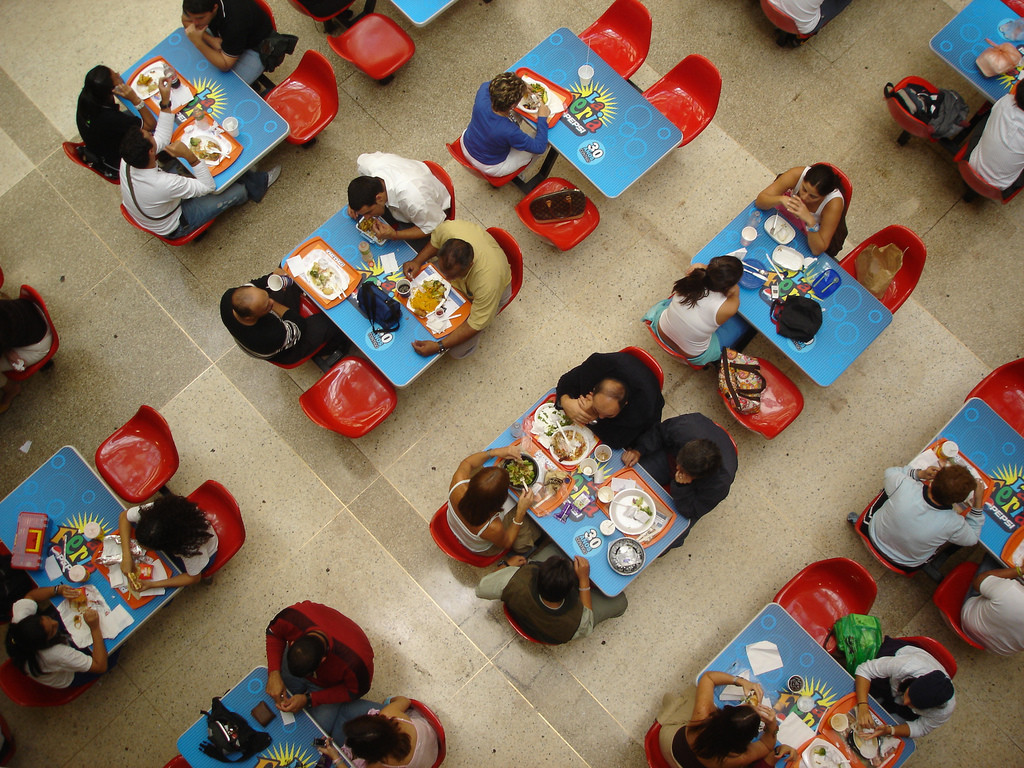Meal vouchers are part of the Slovak Labour Code which requires employers to provide a lunch to every employee. If the employer does not operate his own canteen, he has to “provide“ the lunch by buying meal vouchers for his employees from one of the four meal voucher companies that operate in Slovakia. However, low competition between the voucher companies serves them as high profit margin guarantee which reduces the value that Slovak employees obtain via the meal voucher system.
Recently, this situation has been addressed by the Antitrust Office which suspects a cartel between the voucher companies. Regadless the penalty for the companies, possible cartel would be just a consequence of the bad legislature. Hence, the government office is addresing the consequence of the legislature the government itself created.
Slovak Labour Code that requires separation of the meal contribution for an employee from the salary of the employee created an artificial meal voucher market and ensured the voucher companies millions in revenue and generous profit margins, which are, at the end of the day, paid by the majority of workers, employers and restaurateurs in Slovakia.
Voucher companies and their lobbyists in politics succeeded in creating the impression that meal vouchers are the empoyees’ benefit which they receive on top of their salary. In reality, vouchers reduce employee’s income because of three main reasons. Meal vouchers:
-
reduce his net income, part of which he receives in the form of vouchers
-
limit employee’s choices of lunch (vouchers are not accepted everywhere)
-
make restaurant services more expensive
Voucher companies indirectly charge the employee twice – first he has to pay a fee to his employer when he orders the meal vouchers in the employee’s favor, later he pays a (hidden) fee in the restaurant (or a department store), as the restaurant pays a commission to the voucher company once it exchanges the meal voucher back to cash. As a consequence of this scheme Slovak employees suffer from lower salaries and higher prices for their meals, as restaurants obviously take their additional costs into account when setting their prices for customers.
Employees should have a right to obtain a legal meal contribution in cash, if they prefer cash to the expensive meal vouchers. The law today forces majority of the employers to buy the meal vouchers, so the employees can not receive the meal contribution in cash. Legal meal contribution received in cash should be exempt from the income tax as well as the contribution to purchase the meal vouchers is today.
Two key questions remain in the conclusion: why do Slovak employees have to pay more then 6 % profit margin for the unsolicitated service to several food voucher companies and why are the lawmakers unwilling to increase the net salary of Slovak employees by allowing to make the meal contribution part of their salary? Increase in net salary would be equal to the nominal value of the meal vouchers and eliminating the fees to the voucher companies would increase the purchasing power of the employees as well.
To solve this puzzle we have to understand how the meal voucher market operates and who receives the real benefit. The bottom line is that the voluntary (and not mandatory) meal vouchers are about the right of the employee to freely use his own income, as the current legislation forces him to bear the costs of unsolicitated services.
The full analysis in Slovak can be downloaded here.



